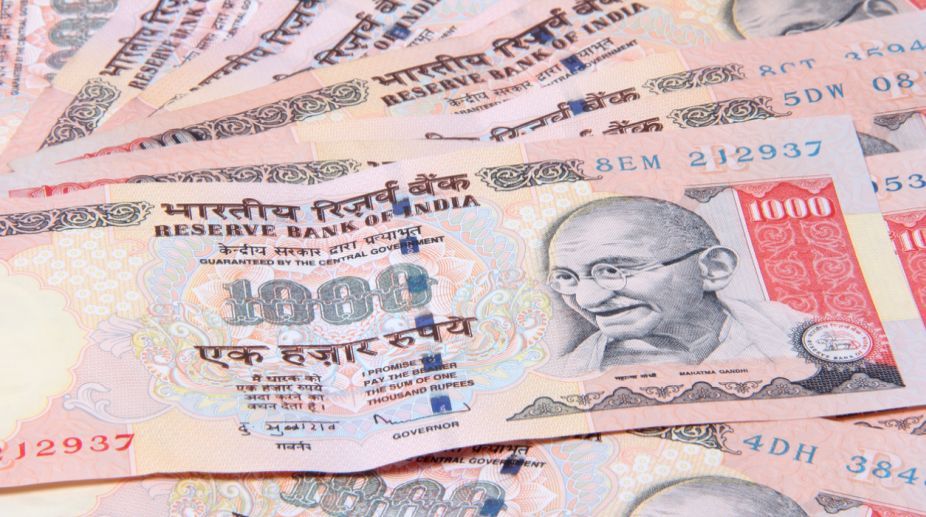On the eve of the first anniversary of demonetisation, that was aimed to clean out black money by the Central Government, economists, analysts, traders and politicians seems to be divided over its impact on Indian society.
Many traders lamented that demand for goods was hit after demonetisation and a was yet to pick up a year later. Some claimed that even last year’s stocks were lying unsold.
Advertisement
Gaurvi a cloth trader in Chandani Chowk rued, “The purchasing power of consumers has not increased even a year after note ban. The purchase orders are far less as compared to 2015. We have workers to feed or they will go back home to their villages.”
Arun Shourie, former economist with World Bank, in an interview to a TV channel called demonetisation “the largest money laundering scheme ever” that had given India an “idiotic jolt”.
He said that withdrawing the high-value currency notes last November was responsible for the economic slowdown in India.
“It was the largest money laundering scheme ever, conceived and implemented entirely by the government,” Shourie said, adding that demonetisation had allowed black money hoarders to convert their cash into white.
In its annual report released on 30 August, the Reserve Bank of India (RBI) had confirmed that Rs 15.28 lakh crore, or more than 99 per cent of the value of currency that was scrapped, had returned to the banking system by 30 June. That proved that demonetisation had not been successful in weeding out black money, one of the drive’s primary goals, he said.
Wherein a senior political analyst said that there was no question that the poor suffered economic hardships, at least in the short run. Early indications that it might not cost dearly to Modi came from the fact that in a country used to strikes and rallies over anything perceived to be against economic interests of ordinary citizens, such as increase in bus fares, there were very few anti-demonetisation protests across the country.
“Despite its uncertain benefits and immediate toll on voters, demonetisation in fact might have helped Modi because it had some essential features of a good political campaign. It had signalled great value that only a tough leader committed to controlling corruption could take a politically risky, disruptive, and potentially costly move like this,” said a politician.
Meanwhile, a recent report claimed that India’s gross domestic product or GDP slumped down to 6.1 per cent in the January-March period, lowest in more than two years.
That growth rate was unexpected as the Central Statistics Office earlier in January had estimated 7.1 per cent growth as compared to the 7.6 per cent in 2015-16. With the March quarter report, many believe, India lost its status as the world’s fastest growing major economy.











